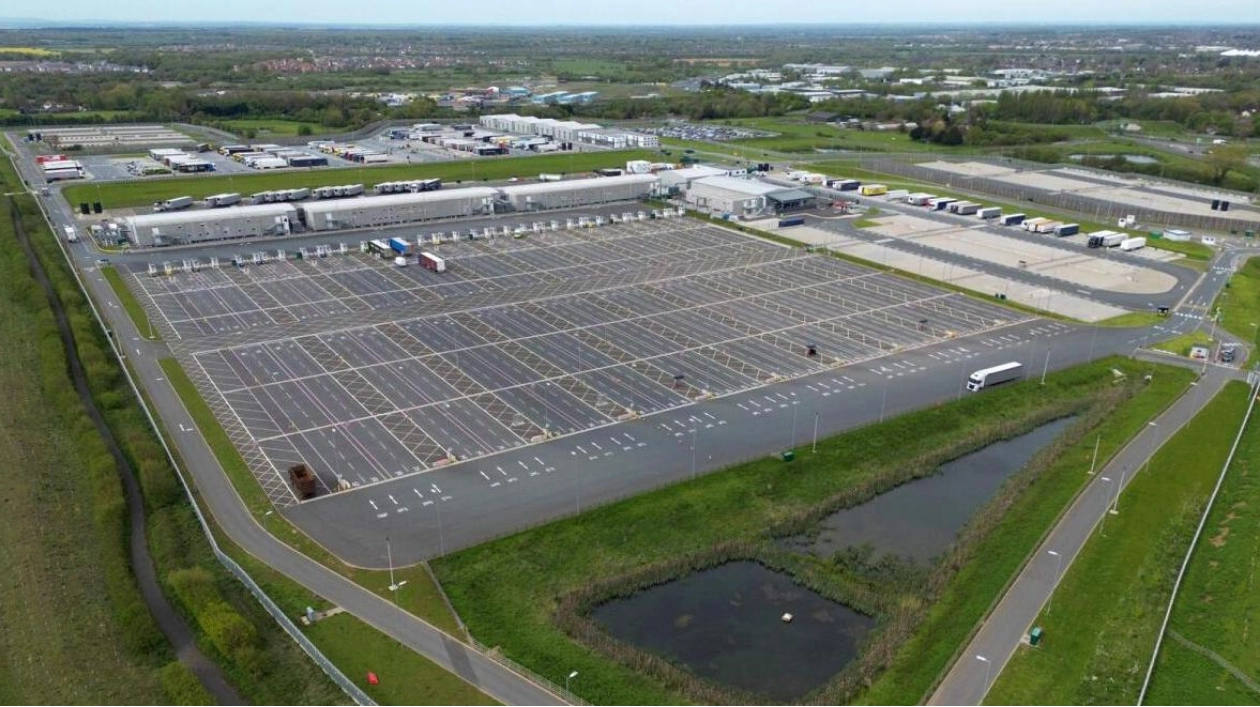Britain is not adequately prepared for the new post-Brexit border security checks that the European Union will impose on UK nationals entering the bloc, the UK government cautioned on Monday. These checks are likely to cause disruptions when they are implemented later this autumn. Britain voted to leave the EU in 2016 and officially exited the single market in 2021. The EU's Entry/Exit System (EES) will eliminate the need for manual passport stamping at the EU's external border and will instead establish digital records that connect a travel document to a person's identity through biometrics. This system will mandate non-EU citizens arriving in a Schengen area destination (most EU countries) to register their fingerprints, provide a facial scan, and answer questions about their stay. Upon departure, travelers' details will be cross-checked against the EES database to verify compliance with existing rules on stay duration and to record departure. The new Labour government in Britain expressed support for the objectives of the EES but is dissatisfied with the preparations made by the previous Conservative administration.
Junior Interior (Home Office) Minister Seema Malhotra stated in a written parliamentary statement that the system will lengthen processing times at Schengen area border crossing points, and insufficient efforts have been made to minimize these impacts, leading to potential disruptions upon introduction. This is especially relevant for journeys involving travel through the UK's three ports with 'juxtaposed' frontier controls - Eurostar at London St Pancras, Eurotunnel in Folkestone, and the Port of Dover - where EES registration will be mandatory on departure from the UK, conducted by French officials. Malhotra noted that the government is taking measures to enhance preparations and readiness levels. These steps include expanding the French border control zone at the Port of Dover to mitigate the risk of queues during peak times, collaborating closely with the French government on implementation plans at the juxtaposed frontiers, preparing communications to increase awareness among the UK traveling public, and engaging with EU member states to advocate for a more practical approach when the new rules are enforced.






